InAsia
Insights and Analysis
Indonesia: Promoting District-Village Collaboration
December 6, 2023
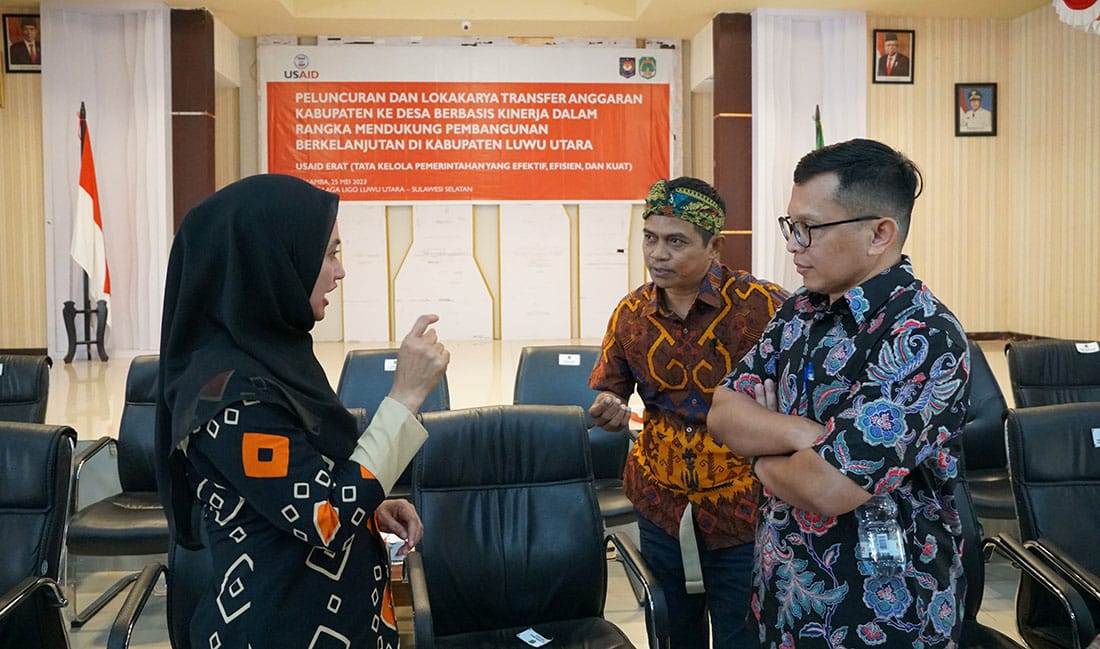
Luwu Utara district head Indah Putri Indriani discusses fiscal transfers to villages in her district with a USAID ERAT public financial management specialist. (Photo: USAID ERAT)
After the “big bang” of government decentralization in 2001, the national government of Indonesia transferred responsibility for many public services to district governments. Frontline health services, water and sanitation, nine years of public education for every child, and services involving certification of legal identity are among these devolved responsibilities. Most of these district services are paid for with funds transferred from the central government.
In 2014, Indonesia adopted a new Village Law to reinforce local self-government. The law recognized the importance of the village as the administrative unit closest to the community, and significantly increased fiscal transfers to villages—both directly from the central government and from the district governments. District governments are required to pass along to villages 10 percent of their locally generated revenues, and 10 percent of any uncommitted transfer funds from the central government.
The districts are still responsible for most public services, however, and these transfers to the villages have strained districts’ ability to meet their statutory budget obligations. At the same time, villagers and village governments sometimes have limited ideas for how best to use these new funds. Through several initiatives, The Asia Foundation is working to address this imbalance by encouraging “collaborative governance” in the form of district-village cooperation on public services.
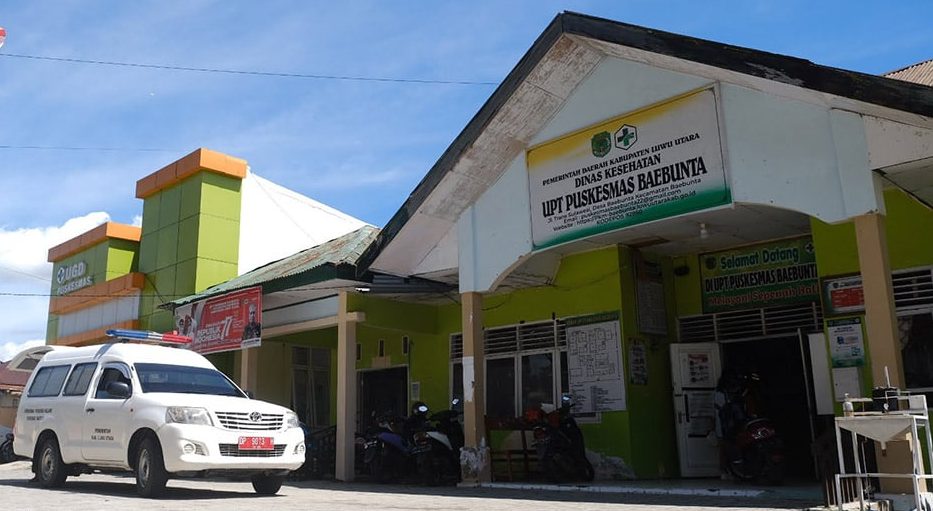
A community health clinic in the Luwu Utara district of South Sulawesi. Districts are still responsible for most public services, and fiscal transfers to the villages have strained districts’ ability to meet their statutory budget obligations. (Photo: USAID ERAT)
A Zero-Sum Game
Budget allocation is a zero-sum game: increasing the budget for one line-item means decreasing it for others. From 2014 to 2021, growing fiscal transfers to the villages reduced district personnel and capital spending by 10.6 percent and 9.4 percent, respectively. The latter figure is particularly concerning, because capital expenditures are important to public services, especially in rural districts, which are hungrier for development.
This district-level belt-tightening has also resulted in district governments missing their spending targets. The Indonesian constitution mandates that all levels of government spend 20 percent of their budgets on the education sector. The 2009 Health Law mandated that 10 percent of subnational budgets be assigned to non-payroll healthcare costs. Although this requirement was recently repealed by the new “omnibus law” on health, failing to meet mandatory spending targets suggests problems with district budgeting.
Despite some improvement, 14 percent of rural districts missed their spending targets for education in 2021, and 23 percent missed the mark on healthcare. Meanwhile, village budgets are burgeoning. An Asia Foundation assessment conducted in connection with Australian DFAT’s KOMPAK governance program in 2016 found that village governments have limited ideas about where to spend their growing budgets, other than on roads or other basic infrastructure.
While this narrow vision has been widely criticized, village governments have strong incentives to prioritize these projects, which are highly visible and clearly lie within their authority. Their authority to provide other public services, on the other hand, is unclear. Village governments have recognized the need for more robust midwife services, for example, but they’re unsure if they can pay for the operational costs, because midwife services fall under district governments. These are among the challenges that the Asia Foundation is working to address through its local governance programs in Indonesia.
Collaborative Development
Under KOMPAK, the Foundation has been trying to help work out some of these service delivery kinks by promoting district-village collaboration. The Foundation has promoted better access to legal identity services by encouraging villages to hire facilitators to help citizens, particularly the poor and marginalized, navigate district services. Through the DFAT-funded PEDULI program, the Foundation has promoted district-village collaboration to improve access to public services for people with disabilities. The Asia Foundation has also supported a village-level paralegal initiative to provide legal aid services through the USAID-funded MAJu program (eMpowering Access to Justice).
The Foundation is also implementing the USAID ERAT program (Effective, Efficient, and Strong Governance), which is pursuing district-village collaboration to reduce childhood developmental stunting. The program has worked with the district governments of Nias and Karo, in North Sumatra, and Lamongan, in East Java, to promote village co-financing of anti-stunting programs. New regulations clarify what stunting prevention programs can be financed by village budgets—among them premarital counseling and parental education, mother-and-child nutrition programs, and better access to healthcare services, clean drinking water, and decent sanitation.
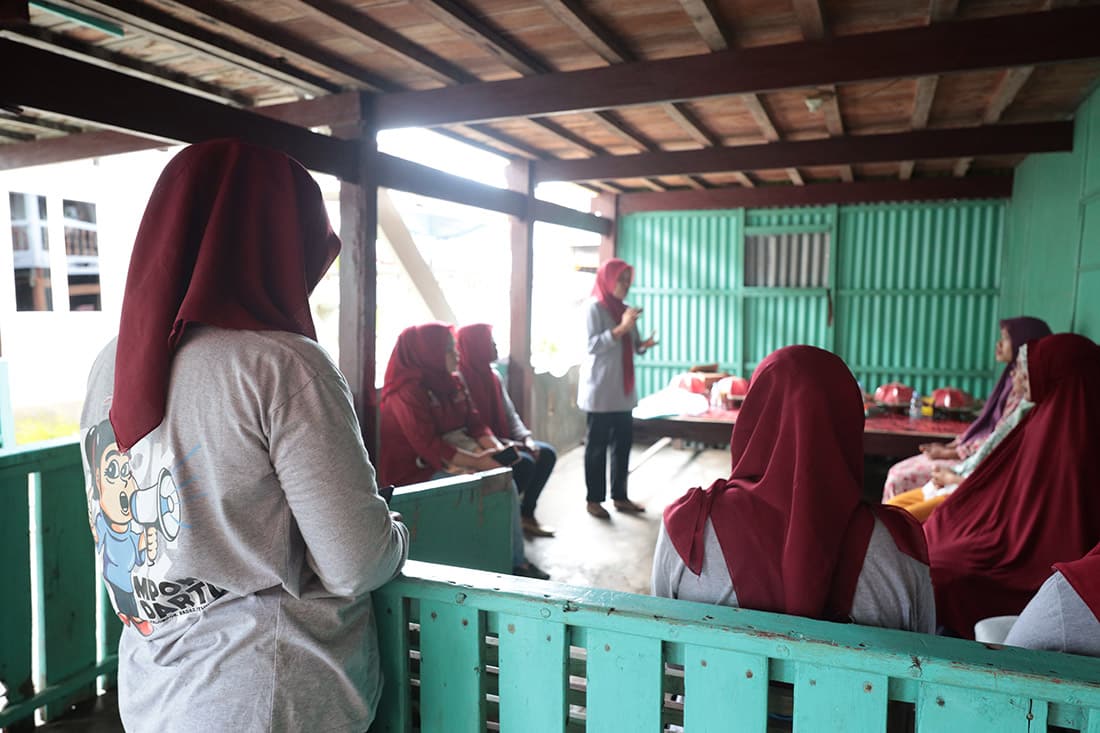
A community-based stunting prevention program in a village in the Barru district of South Sulawesi. (Photo: USAID ERAT)
Although the regulations were only issued in 2022–2023, they have started showing results. Among 170 villages in Nias, 2023 budgets for stunting reduction grew by 20.9 percent. More impressively, the 259 villages in Karo increased their collective anti-stunting budget threefold to about USD 729,000 a year later. In Lamongan, the new regulations haven’t yet changed village budgets, but community-based anti-stunting programs and organizations have begun to proliferate.
Another mode of district-village collaboration was developed by The Asia Foundation, the Government of Indonesia, and local civil society organizations. TAKE (Transfer Anggaran Kabupaten berbasis Ekologi) creates performance-based fiscal incentives for villages to improve their economic, social, and environmental performance. The scheme was first adopted by the district government of Jayapura, Papua, where initial implementation has shown positive results. TAKE has been replicated in at least 21 districts in Indonesia, and the concept has also been adopted by other development partners.
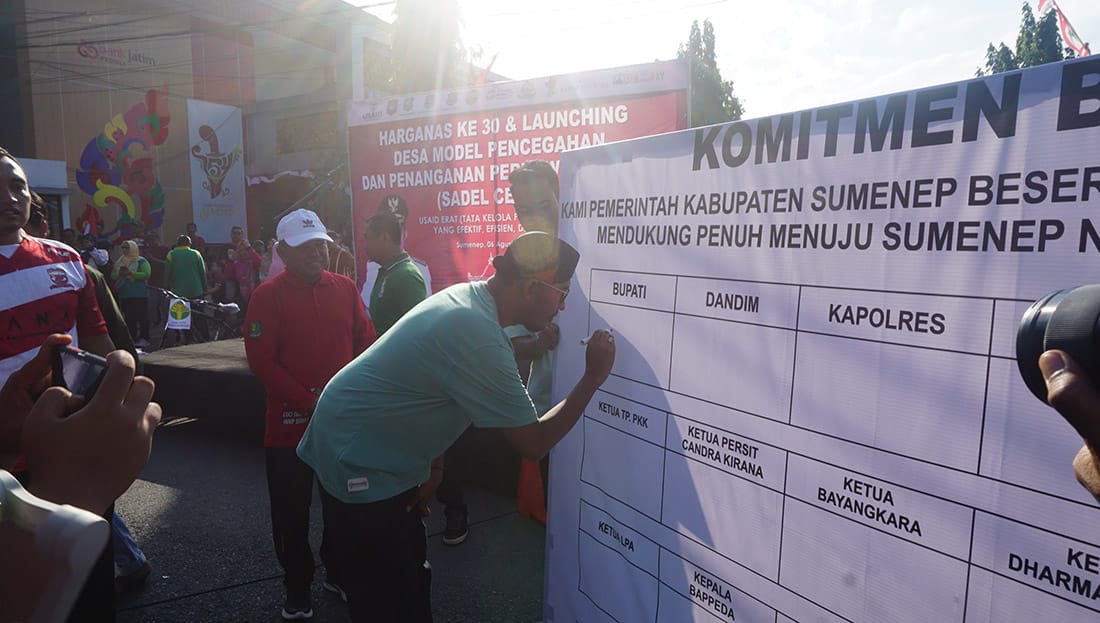
Launching a “model village” for the prevention of child marriage in the Sumenep district of East Java. (Photo: USAID ERAT)
Through USAID ERAT, the TAKE scheme has been further developed to consider village performance in achieving the Sustainable Development Goals, and has been adopted in Luwu Utara, South Sulawesi. Funds transfers can be used to improve access to water, sanitation, housing, waste management, disaster preparedness, empowerment of women and people with disabilities, and child protection services at the village level. A similar scheme is currently being developed in Sambas, West Kalimantan, to specifically address maternal, neonatal, and child health issues in the district. This transparent, performance-based formula for allocating district funds to villages is expected to increase accountability and create incentives for villages to address development issues more effectively.
The Village Law laudably intended to empower village communities, but it had unintended consequences for district governments. As Indonesia continues to fine-tune its decentralization efforts, these cooperative district-village initiatives demonstrate the great potential of collaborative governance to turn a zero-sum game into an opportunity for inclusive, sustainable development.
Erman Rahman is activity director, and Saeful Muluk is a public financial management specialist, for the USAID ERAT program. They can be reached at [email protected] and [email protected], respectively. The views and opinions expressed here are those of the authors, not those of The Asia Foundation or USAID.
About our blog, InAsia
InAsia is posted and distributed every other Wednesday evening, Pacific Time. If you have any questions, please send an email to [email protected].
Contact
For questions about InAsia, or for our cross-post and re-use policy, please send an email to [email protected].The Asia Foundation
465 California St., 9th Floor
San Francisco, CA 94104
The Latest Across Asia
News
April 25, 2024
Program Snapshot
April 18, 2024
News
April 17, 2024

2024 Lotus Leadership Awards
The Lotus Leadership Awards recognize contributions towards gender equality in Asia and the Pacific


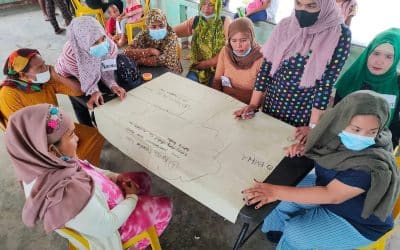




0 Comments